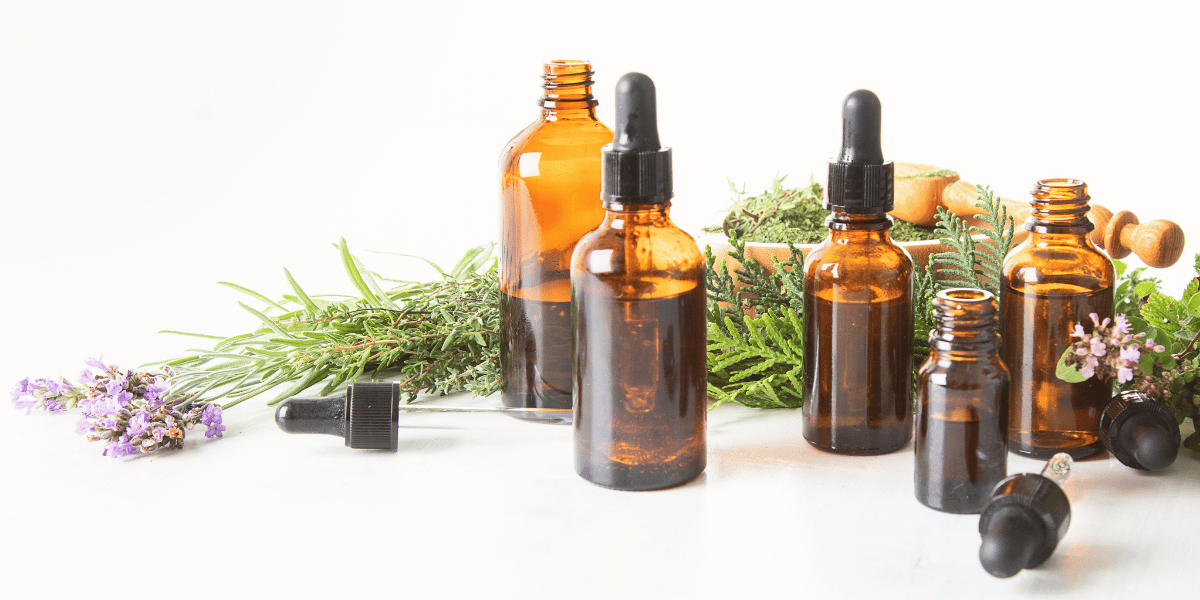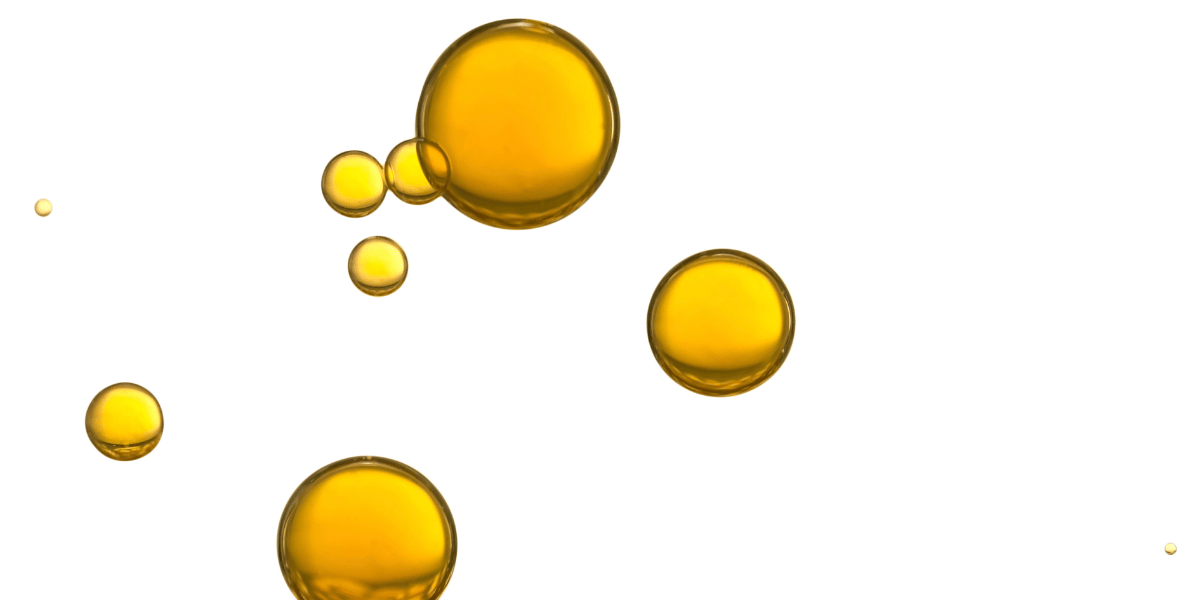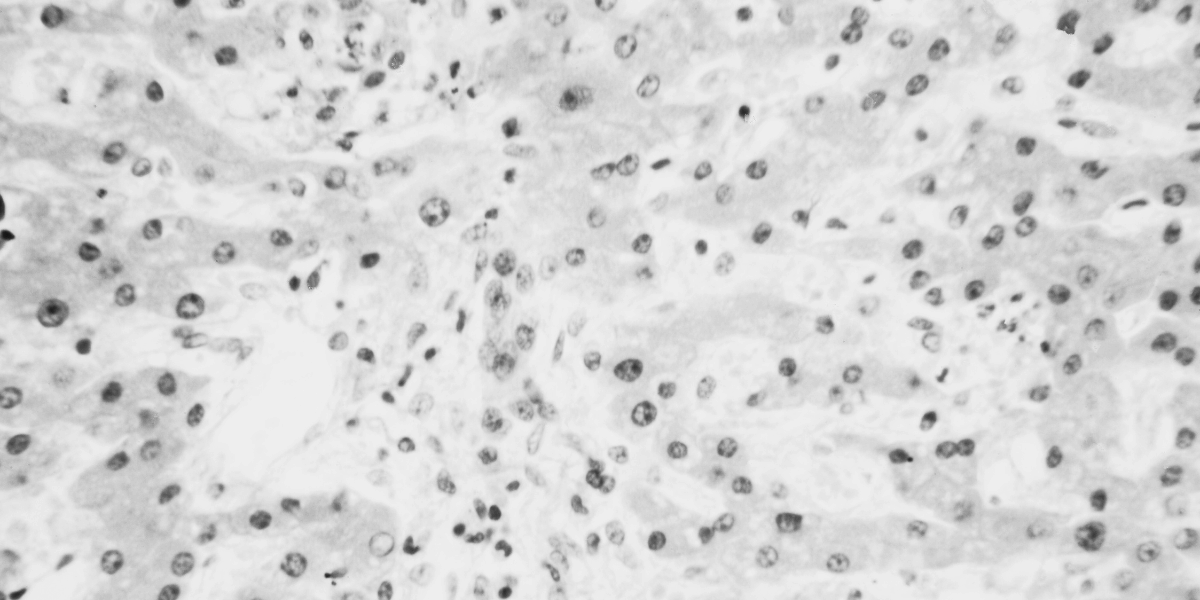3 Reasons Why You May Be Struggling to Lose Weight
Let’s get the obvious out of the way first – this article is directed at the person who feels they are doing everything right but just can't seem to...
.png?width=70&height=70&name=Stark_LogoMark%20(1).png)

Nature has always been a source of beauty secrets, and one botanical elixir, in particular, has captured attention for its alleged hair-transforming powers: rosemary oil. But does this ancient herb actually live up to its reputation, or is it all just folklore? In this article, take a closer look at rosemary oil and uncover the truth behind its acclaimed benefits, explore its growing popularity, and examine the scientific evidence that supports - or challenges - its claims, and its potential to unleash the luscious locks you've always dreamed of.
The increase in the popularity of rosemary oil can be attributed to various factors, including the growing interest in natural and holistic approaches to health and beauty, instead of medication such as finasteride which can have a negative impact on your overall health. Consumers are increasingly seeking alternatives to chemical-laden beauty items that had gone untested and unchallenged for decades, leading to a renaissance of traditional remedies like rosemary oil. Furthermore, the ease of access to information through the internet has played a pivotal role in disseminating information about toxic yet common-use ingredients, with healthier alternatives such as rosemary oil garnering a substantial following among those in pursuit of healthier hair. Social media platforms, beauty blogs, and wellness influencers have all contributed to the rise of rosemary oil as a trendy hair care solution. As word-of-mouth testimonials continue to circulate, more individuals are drawn to the allure of rosemary oil and its potential to transform their hair woes.
Derived from the aromatic herb Rosmarinus officinalis, this essential oil is not only a culinary gem but also a potential game-changer for your hair. Rosemary oil has been gaining recognition for a slew of supposed hair health benefits, such as stimulating hair growth, strengthening hair follicles, and even mitigating hair loss. The active compounds found in rosemary oil, such as ursolic acid, rosmarinic acid, and caffeic acid, are believed to possess antioxidant properties that promote circulation in the scalp and combat oxidative stress. Additionally, rosemary oil is lauded for its antimicrobial and anti-inflammatory properties, potentially creating a favorable environment for hair follicle health. While these proposed benefits sound promising, you can see why so many turn to rosemary oil for hair care.
The science behind rosemary oil's potential benefits lies in its multifaceted properties. Antioxidants present in the oil can help neutralize harmful free radicals that may damage hair follicles. The oil's antimicrobial qualities may also create an environment conducive to hair growth by preventing infections that can hinder follicle health.
While the existing studies hint at these potential benefits, they also reveal the complexities surrounding rosemary oil's impact on hair health. One study explored the effects of rosemary oil on patients with androgenetic alopecia, commonly known as male or female pattern baldness. The results suggested that rosemary oil, when compared to minoxidil (a popular hair loss treatment), exhibited comparable effectiveness in promoting hair growth over a six-month period. Another study evaluated a combination of rosemary oil and other essential oils in patients with alopecia areata, an autoimmune condition causing hair loss. The researchers found a significant increase in hair growth among participants who used the essential oil blend when compared to a placebo group.
However, it's important to approach these findings with a critical eye. While the antioxidants and antimicrobial properties offer possible benefits, further research is required to validate these claims conclusively.
In the realm of hair care, rosemary oil's reputation as a wonder elixir is undeniably captivating, and its antioxidant-rich composition makes it an intriguing candidate for promoting hair health. The growing popularity of rosemary oil in recent times is a testament to the desire for natural solutions in the increasingly toxic beauty industry, but be sure to balance the excitement with evidence-based approaches. The quest for healthier, more vibrant hair is an ongoing journey, and rosemary oil's place within it is an evolving story that science continues to unfold.
Sources:
Panahi Y, Taghizadeh M, Marzony ET, Sahebkar A. Rosemary oil vs minoxidil 2% for the treatment of androgenetic alopecia: a randomized comparative trial. Phytother Res. 2015;29(6):796-800. doi:10.1002/ptr.5356
Hay IC, Jamieson M, Ormerod AD. Randomized trial of aromatherapy: successful treatment for alopecia areata. Arch Dermatol. 1998;134(11):1349-1352. doi:10.1001/archderm.134.11.1349
Panahi Y, Sharif MR, Sharif A, Beiraghdar F, Zahiri Z, Amirchoopani G, Zamani A. A randomized comparative trial on the therapeutic efficacy of topical aloe vera and Calendula officinalis on diaper dermatitis in children. ScientificWorldJournal. 2012;2012:810234. doi:10.1100/2012/810234

Let’s get the obvious out of the way first – this article is directed at the person who feels they are doing everything right but just can't seem to...

In recent years, seed oils have become increasingly popular in kitchens due to their low cost and versatility. But did you know that too much...

The liver is one of the most vital organs in the body — it’s involved in every metabolic process. Unsurprisingly, an underperforming liver filled...